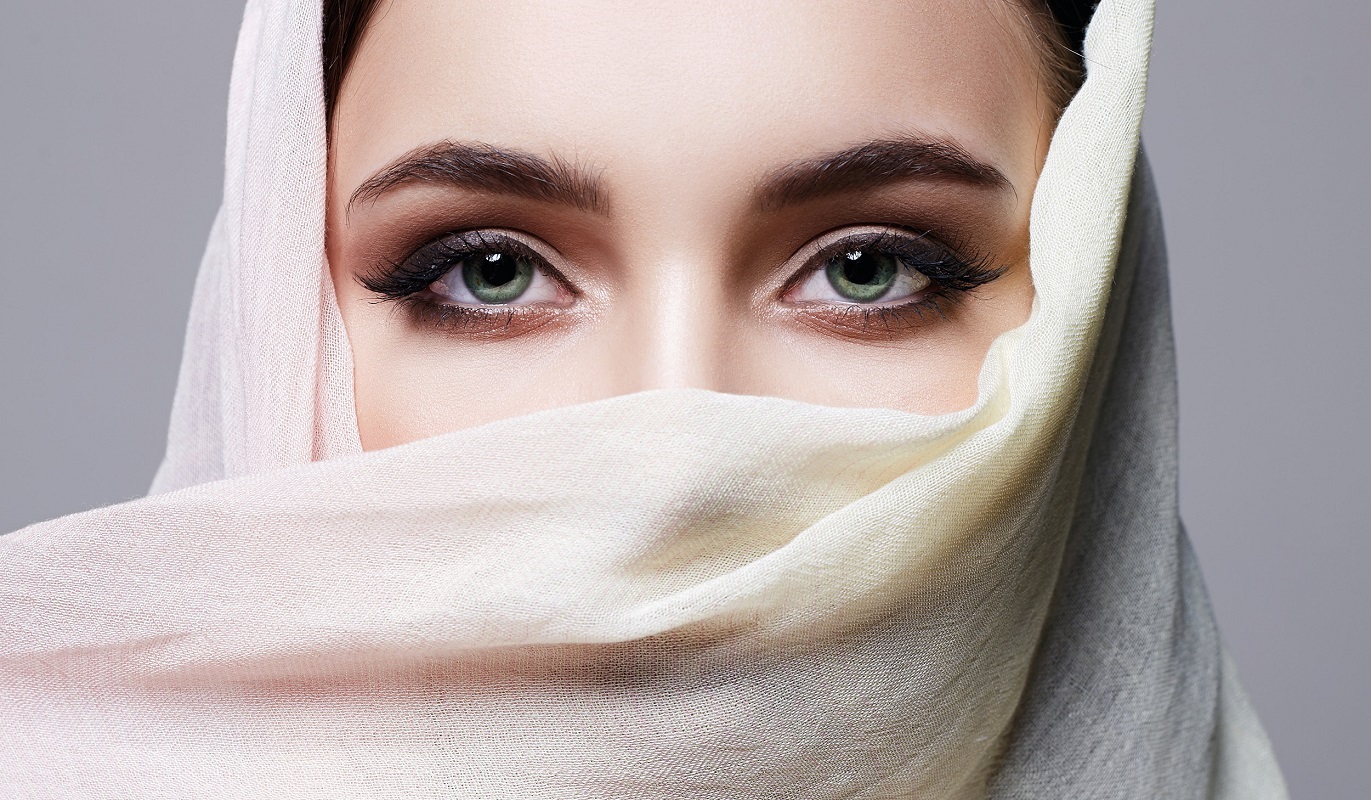Asia Goes Beautiful, The Halal Way
2022/02/25

Photo by Eugene Partyzan from Shutterstock
Asia Goes Beautiful, The Halal Way
The halal beauty industry is a fast-growing market, and many businesses are capitalising on this. In 2020, the global halal beauty industry was valued at US$74.7 billion. At an optimistic projection, this industry will continue growing at a CAGR of 19.97% between 2020 and 2027.
The halal beauty industry emerged from a need to cater to the Muslim demographic seeking cosmetic and beauty products that are compliant with their religion. According to the Islamic faith, the concept of ‘halal’ denotes something permissible and lawful as per the Sharia guidelines.
Global Muslim consumers search for beauty products and cosmetics that do not include unlawful materials and substances. These include products free from elements of pigs, reptiles, and insects, urea, and alcohol, among others, or ingredients that can cause harm to the body, such as mercury or lead. It is an expectation within the halal beauty industry that all ingredients used are also fully traceable.
The halal beauty industry is a competitive market, especially as it is an evolving and lucrative one. Asia Pacific, home to the largest Muslim population in the world, is the fastest-growing market demographic for the halal beauty industry. Indonesia, which has the largest Muslim population at almost 230 million, is expected to be valued at US$4.19 billion by the end of 2022, and is projected to grow at a yearly rate of 8% by 2026. Contributing to the region’s growth are countries such as India – which is leading the Asian pack and is valued at US$4.7 billion – Malaysia, Bangladesh, and Singapore.
In Malaysia, the halal beauty industry began to develop in the mid-1980s, when pioneering brands – such as Wipro Unza’s Safi skincare and cosmetics range – started offering Muslim consumers halal cosmetics and beauty products. Today, Safi is one of Malaysia’s leading brands for halal cosmetics and skincare, offering a wide range of products from haircare to skincare and beauty supplements. Wipro Unza also offers its consumers a selection of other halal brands, such as Eversoft, Aitken, and Enchanteur, internationally. The popularity of Wipro Unza has allowed the company to service an estimated 258,000 retail stores across Southeast Asia and Greater China.
The market’s viability, especially in Southeast Asia, has also seen growth through new brands founded by celebrities, such as SimplySiti, owned by famous Malaysian singer Dato Sri Siti Nurhaliza, Nita Cosmetics, and dUCk Cosmetics by successful entrepreneur Vivy Yusof. These relatively new brands have received positive reactions from consumers, thus indicating steady upward growth for new businesses in the halal beauty industry.
Many global brands are now pushing to introduce halal or natural, vegan products to get on the halal beauty bandwagon. These include iconic mainstream brands such as Johnson & Johnson, Colgate-Palmolive, and Sunsilk, which offer beauty and wellness products. These brands provide a selection of Sharia-compliant products, such as oral care and haircare, and are halal-certified by relevant authorising bodies in their respective production countries, such as Malaysia and Indonesia.
Similarly, the industry has seen a surge in beauty products, such as halal nail polish. A Polish company, Inglot Cosmetic, was the first to introduce such a product, known as the O2M Breathable Nail Enamel, and many other international brands now have similar offerings. The availability of such products has made it easier for Muslims to adhere to their religious obligations while indulging in beauty products. The beauty market also offers them access to cosmetics such as halal mascara, lipsticks, eyeshadows, and more.
As the demand for cruelty-free, vegan, and halal beauty products continues to increase worldwide among more conscious consumers, it is to be expected that more companies and brands will push to become a part of this highly lucrative industry. The growth of this market suggests its promising nature, and the global reception of halal beauty indicates that consumers are ready to spend on products that meet their religious needs.
